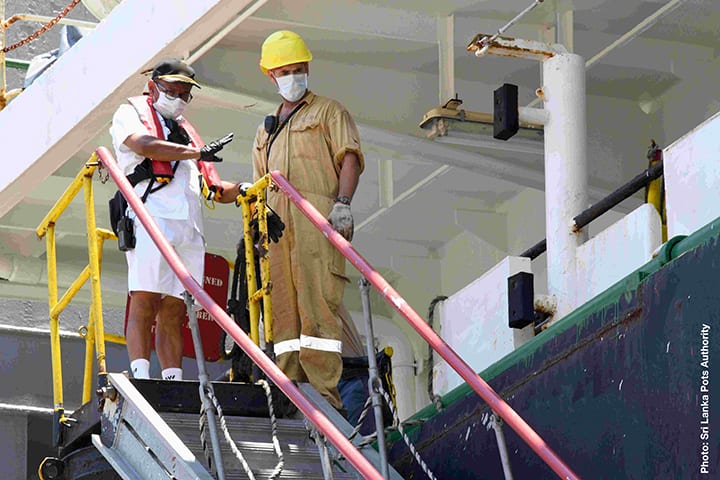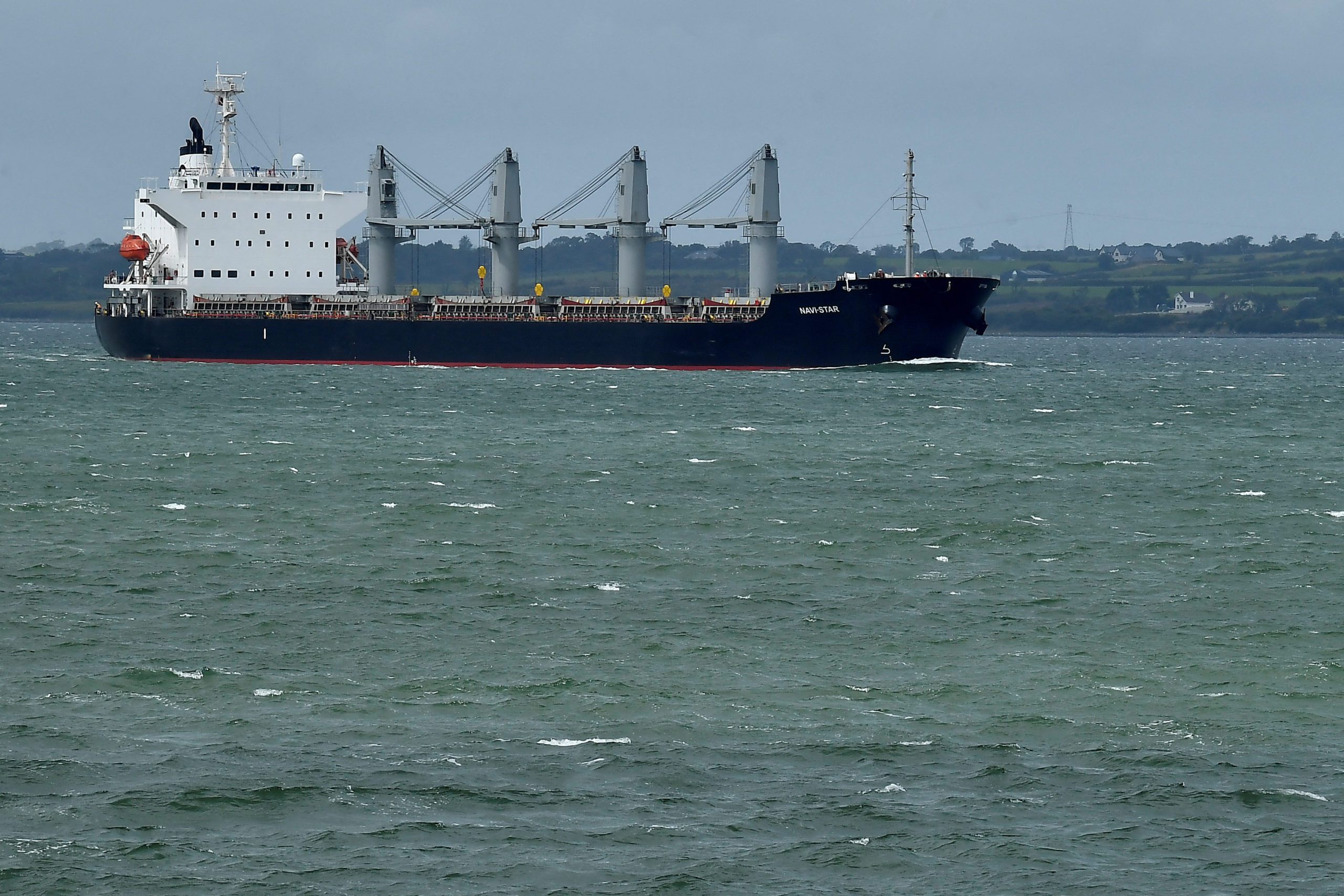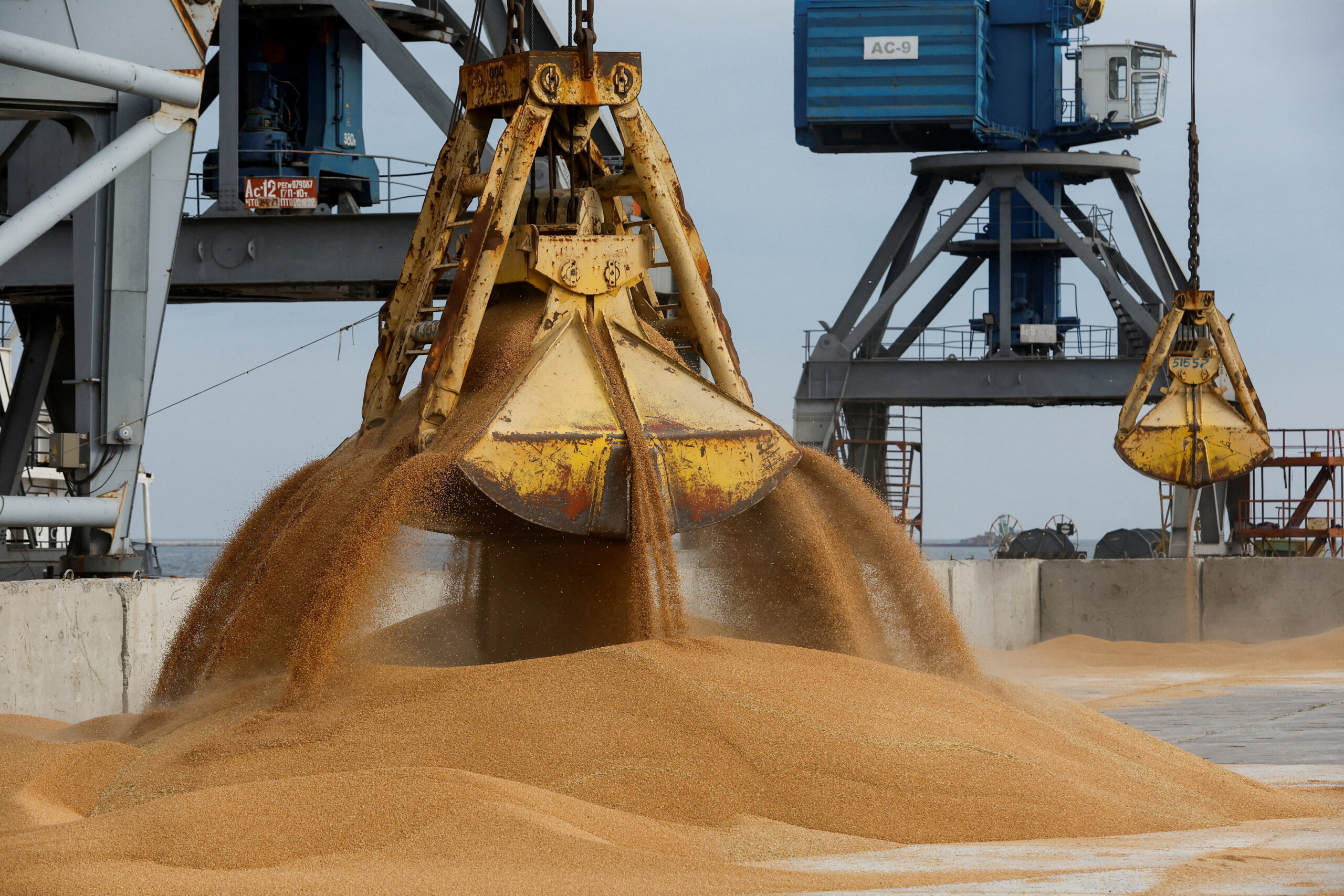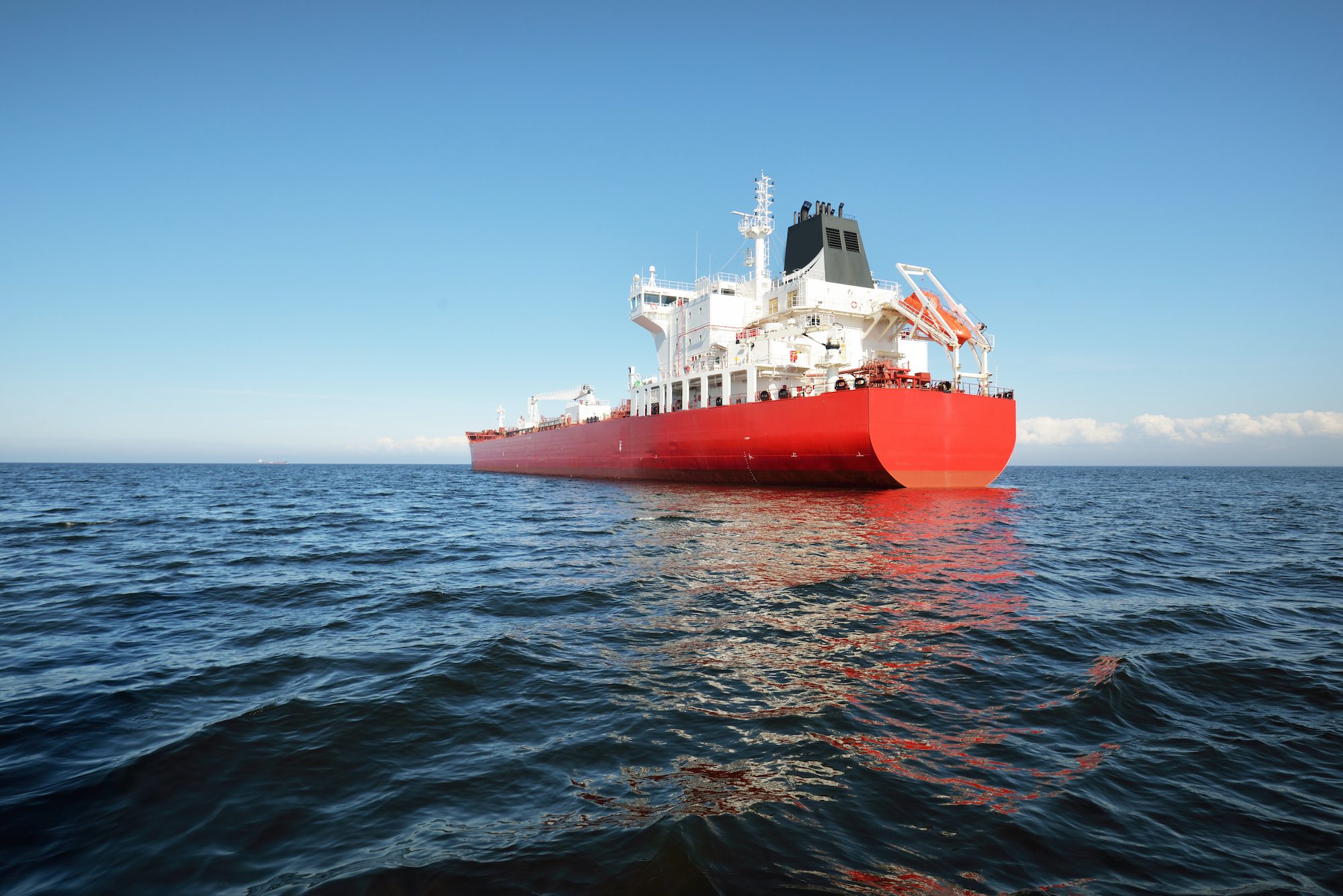A new ITF report reveals the importance of robust national maritime policies in mitigating supply chain disruptions and promoting environmental responsibility.
As the world emerges from the COVID-19 pandemic, the International Transport Workers’ Federation (ITF) has released a report emphasizing the need for governments to adopt robust national maritime policies to ensure reliable supply chains and address climate challenges.
The study, titled “Opportunities for Seafarers and National Maritime Policies: Navigating Beyond the Chaos of the Pandemic,” analyzes the impact of the crisis on the global supply chain and offers practical solutions for governments to safeguard their citizens and the environment.
According to Chris Given, Secretary-Treasurer of the Seafarers’ International Union of Canada (SIU Canada) and a co-author of the report, countries with well-established national maritime policies fared better during the pandemic. They were able to quickly recover economically and secure essential supplies such as medicines and fuel for their citizens.
“During the pandemic, in many countries consumers and businesses experienced shortages, including of critical goods like medicines and fuel supplies,” said Given. “But what we see is that in other countries, specifically those with robust national maritime policies, governments were able to harness well-laid policy levers to get their people fed, fuelled and on a quicker path back to economic and health recovery.”
The pandemic exposed the fragility of global supply chains, with shipping containers scattered across the world and ports facing unprecedented congestion. These challenges led to shortages of critical goods and left consumers dependent on overburdened supply chains. At the same time, the pandemic stranded up to 400,000 seafarers on their vessels due to travel restrictions, further exacerbating the crisis.
The report emphasizes that governments with sensible national maritime policies were better equipped to weather the storm, while those without such policies faced significant economic and social risks. Countries like Australia suffered from a lack of strategic fleet planning, leaving businesses and consumers at the mercy of an unpredictable global shipping market.
David Heindel, ITF Seafarers’ Section Chair and President of the Seafarers International Union of North America (SIU), stressed that adopting strong national maritime policies can serve as an insurance policy to protect a country’s economic, health, security, and environmental interests. The report showcases recent efforts by Brazil, Canada, New Zealand, Norway, Panama, South Africa, the UK, and the USA to strengthen maritime policies in domestic legislation and planning.
“The standout performance of our domestic shipping sectors, not only in the US, but elsewhere too, throughout these crises, shows that when you invest in your people, your plant and your industry – you are better prepared to provide for your citizens come what may in the global headwinds,” said Heindel. “Ours is a success story. But there is more we can do, with more governments supporting our critical sector all over the world.”
As the shipping industry moves toward rapid decarbonization, ITF Maritime Coordinator Jacqueline Smith highlighted the need for governments to invest in training and retraining seafarers to handle the fuels and ships of the future. By 2030, up to 800,000 seafarers will require some form of retraining or familiarization. Smith urged governments to adopt sensible national maritime policies.
“Now is the time for governments to invest in a secure future by putting in place sensible national maritime policies. They should for our people, but also for our planet,” Smith said.

 Join The Club
Join The Club











